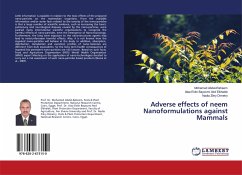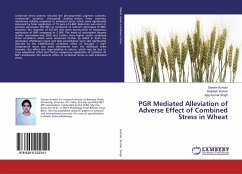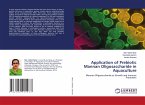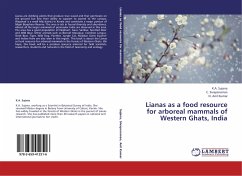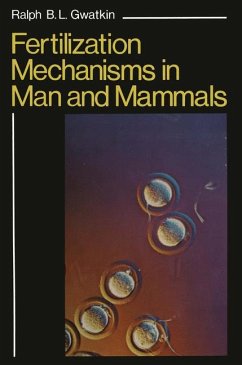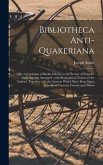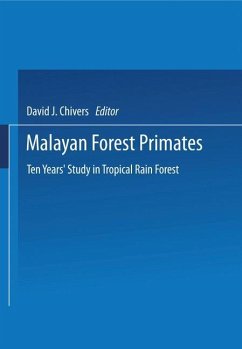Little information is available in relation to the toxic effects of the prepared nano-particles on the mammalian organisms. From the available information and/or some facts related to the toxicity of the nano-particles is that a large number of scientific evidence, such as increasing the heart, pulmonary and neurological diseases caused by the nano-particles, were pushed many international scientific organizations to recognize the harmful effects of nano-particles, even the emergence of Nano-toxicology. Furthermore, the long term exposure to the nano-structures agents may lead to new/unforeseen harmful effects. Also, it is not known how the ingested nano-particles will behave in the body. In addition, absorption, distribution, metabolism and excretion profiles of nano-materials are different from bulk equivalents. So the long term health consequences of ingested bio-persistent nano-particles are not known. Based on such facts, Food and Agriculture Organization (FAO)/ World HealthOrganization (WHO) expert Meeting on the application of nano-technologies decided to carry out a risk assessment of each nano-particles based products (Buzea et al., 2007).
Hinweis: Dieser Artikel kann nur an eine deutsche Lieferadresse ausgeliefert werden.
Hinweis: Dieser Artikel kann nur an eine deutsche Lieferadresse ausgeliefert werden.

